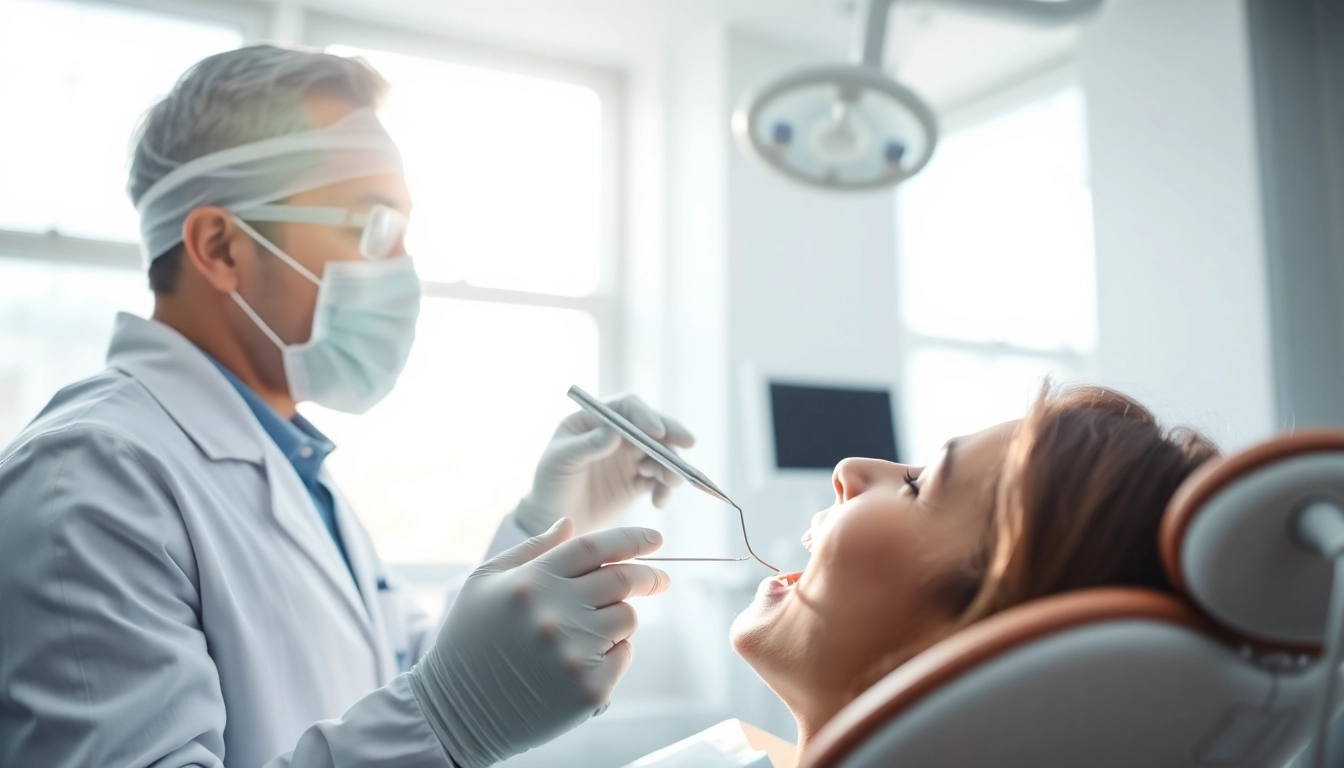Understanding the Importance of Checkups
Regular dental checkups are fundamental to maintaining overall oral health. They serve as a proactive measure that allows dentists to identify potential issues before they become significant problems. Neglecting these regular checkups can lead to severe dental conditions, escalating the need for more intensive and often costly treatments down the line.
Why Regular Checkups Matter for Oral Health
Regular checkups help to monitor oral health closely. During these visits, dentists examine not just the teeth, but also the gums, throat, neck, and head for any signs of abnormalities. Early detection of issues such as cavities, gum disease, or even oral cancer significantly increases the chances of successful treatment.
Furthermore, checkups provide an opportunity for patients to receive professional cleanings. These cleanings are critical for removing plaque and tartar that might not be eliminated through everyday brushing and flossing. This preventive maintenance is essential for ensuring long-term oral health.
The Benefits of Preventive Care
Engaging in preventive care through regular checkups has multiple advantages:
- Cost-Efficiency: Preventive care helps in identifying issues before they require more extensive (and expensive) treatment.
- Education: Patients can learn better oral hygiene practices that can be integrated into their daily routines, leading to healthier habits.
- Peace of Mind: Regular checkups can alleviate anxiety about dental health by providing reassurance through ongoing monitoring.
Common Myths About Dental Checkups
Despite their importance, several myths about dental checkups continue to persist:
- Myth 1: You Only Need to See the Dentist If You Have a Problem: This belief can lead to significant issues that are harder to treat if left unchecked.
- Myth 2: Dental Checkups Are Too Expensive: While checkups do incur costs, the long-term savings from preventing serious dental issues often outweigh these expenses.
- Myth 3: Dental Work Isn’t Necessary for Children: Many parents think children don’t need checkups until their adult teeth come in, but it is crucial to start early for good oral health.
What to Expect During Your Dental Checkup
Initial Examination Process
When you arrive for a dental checkup, the process typically starts with a thorough examination. This entails a dentist going over your medical history and any concerns you may have. The dentist will check for signs of tooth decay, gum disease, and other dental issues. They may take X-rays to get a comprehensive view of your oral health.
Common Procedures During a Checkup
During a checkup, several standard procedures are often performed, including:
- Professional Cleaning: A dental hygienist will use specialized tools to clean your teeth, removing plaque and tartar that regular brushing couldn’t eliminate.
- Fluoride Treatment: Fluoride is often applied during checkups to strengthen tooth enamel and help prevent decay.
- Assessment of Oral Hygiene Practices: The dentist will evaluate and suggest improvements to enhance oral hygiene at home.
Post-Checkup Recommendations
At the conclusion of your checkup, the dentist will provide recommendations based on their findings. This can include a suggested schedule for future checkups, advice on specific dental issues, or guidance on improving personal dental care practices.
Frequency of Dental Checkups
Suggested Schedules for Adults
The frequency of dental checkups varies from person to person, but the general recommendation is every six months. However, some adults may require more frequent visits based on their individual health needs, such as a history of gum disease or ongoing orthodontic treatment.
Checkup Guidelines for Children
For children, it’s advisable to start dental visits early, usually around the age of one or when the first teeth appear. After that, checkups should occur every six months to monitor development and prevent early problems.
How Health Conditions Affect Checkup Frequency
Individuals with certain health conditions such as diabetes, heart disease, or a weakened immune system may need to visit the dentist more frequently. These patients are at higher risk for oral health issues and may benefit from tailored dental care plans.
How to Prepare for Your Dental Checkup
Key Questions to Ask Your Dentist
Preparation can enhance the value you get from your checkup. Here are some essential questions you might consider asking:
- What areas of my mouth have concerns that need to be addressed?
- What is your recommended brushing and flossing routine?
- How do my dietary choices affect my oral health?
What to Bring to Your Appointment
Bringing the following items to your dental appointment can streamline the process:
- Insurance information if applicable
- A list of medications you are currently taking
- Any questions or concerns you would like to discuss
Maintaining Oral Hygiene Before a Checkup
Prior to your dental checkup, maintaining a strict oral hygiene regimen is essential. This includes brushing twice daily, flossing regularly, and avoiding sugary snacks to minimize plaque buildup. The better your oral hygiene, the more beneficial your checkup will be.
Long-Term Benefits of Regular Dental Checkups
Link Between Oral Health and Overall Health
Mounting evidence reinforces the connection between oral health and overall wellness. Poor dental hygiene has been linked to serious conditions, including heart disease, diabetes, and respiratory issues. Regular checkups can identify and address potential problems before they affect your overall health.
Cost-Effectiveness of Preventive Care
Investing in regular dental checkups can lead to substantial savings over time. By catching issues early, patients can avoid costly procedures such as root canals, crowns, or extractions. The financial implications of untreated dental problems often far exceed the cost of preventive care.
Real-Life Success Stories from Regular Checkup Patients
Various patients have illustrated the value of regular dental checkups through their success stories. For instance, one patient who consistently attended their biannual appointments was able to avoid significant gum disease through the early interventions of their dentist. Another patient shared how improved oral hygiene techniques learned during checkups led to fewer instances of cavities and a significant drop in dental costs.
